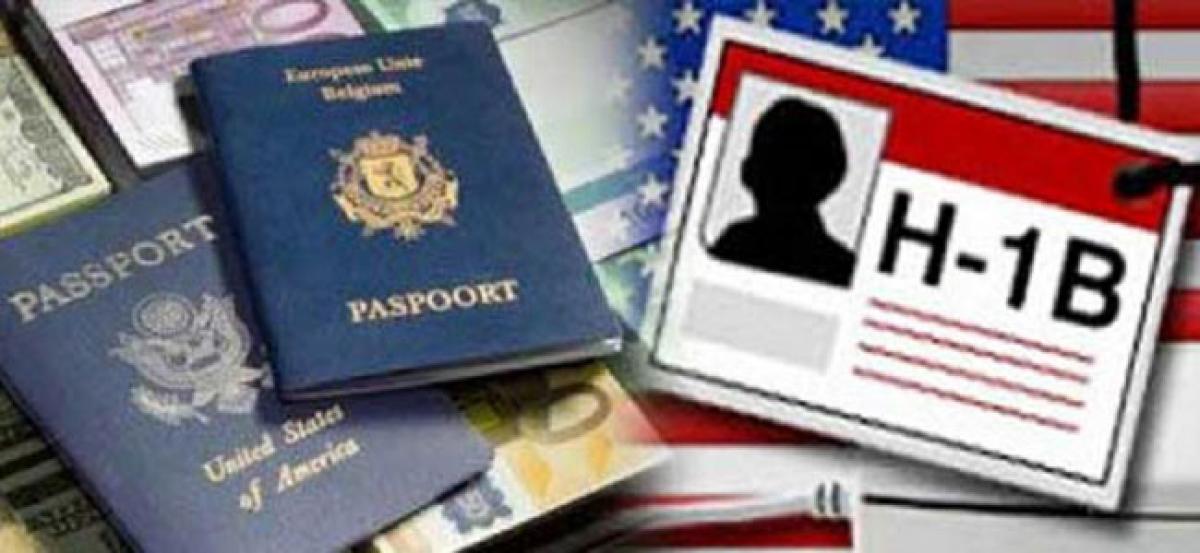Lawsuit filed by firms for papers on H-1B

A US association of immigration advocates firm recently filed a lawsuit against the United States Citizenship and Immigration Services (USCIS), seeking to procure documents, which would explain increased scrutiny and denials of H-1B petitions by the government unit.
MUMBAI: A US association of immigration advocates firm recently filed a lawsuit against the United States Citizenship and Immigration Services (USCIS), seeking to procure documents, which would explain increased scrutiny and denials of H-1B petitions by the government unit.
The American Immigration Lawyers Association (AILA), which filed this suit, is a voluntary body of 15,000 plus immigration attorneys and academicians. In 2017, AILA got reports from its members of an increasing number of requests for evidence (RFEs), following an increase in the rejection of H-1B visa applications .
Concerned that these trends indicated a change in USCIS adjudication standards, AILA filed two separate requests seeking documents (especially on wage and speciality occupation determination), which would explain these actions. USCIS failed to respond, this led to AILA now filing a lawsuit in the Columbia District Court.
For the 2018-19 season, which would permit successful H-1B visa applicants to work from October 1, USCIS received 1.90 lakh applications, far outstretched.
US technology and biotechnology companies, file virtually all of their cases under the Masters Cap. "Our initial impression based on Masters Cap filings is that RFEs have primarily raised concerns about speciality occupations and level 1 wages" states Scott Fitzgerald, partner at the Fragomen Worldwide.
"In nearly all the RFEs, we have seen till date (relating to both general and Masters Cap), the focus is on requesting an explanation about why the position qualifies as a specialty occupation position. While this can be proved, the downside is that there still remains a tremendous amount of subjective matter in the manner that a speciality occupation determination can be made by the concerned officer," says Nachman. Ditto at the law firm of Cyrus D Mehta, the few RFEs received so far, inquired into the issue of speciality occupation.
Khanna points out a few challenges: "USCIS is also requiring proof that in the specific industry or for this particular project, a degree focussed on a specific subject or subjects is required. Opinions of experts based on in-depth review of the job description are being dismissed on the ground that the expert has not visited the premise of the sponsoring employer or observed its workflow, first hand."
Even if RFEs can be successfully dealt with, it proves to be that it is gonna be time consuming exercise, sums up an in-house immigration specialist at an IT company.










